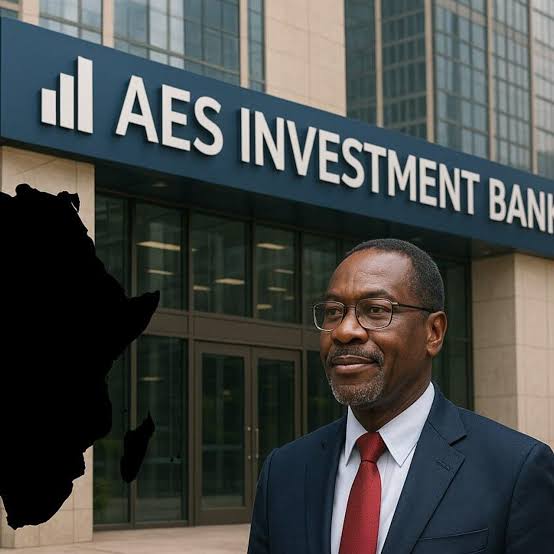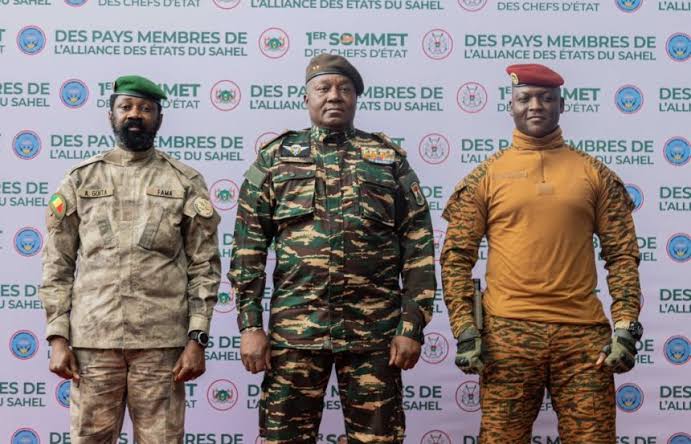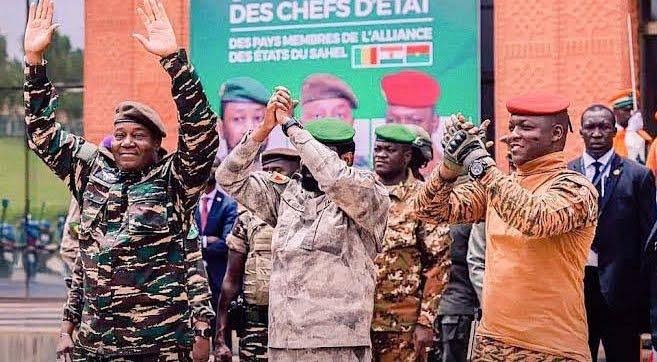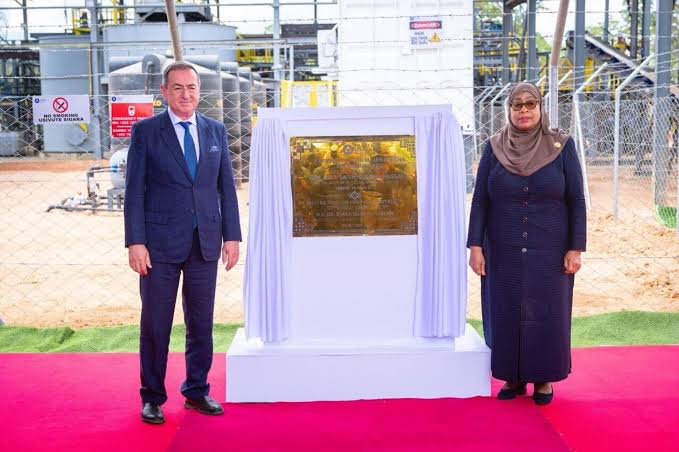
Faith Nyasuguta
The military-led governments of Mali, Niger, and Burkina Faso are planning to redirect part of their national tax revenues into a newly formed regional investment bank. This marks a major step in their effort to shake off dependence on Western donors and instead fund their own development projects.
According to Serge Balima, adviser to Burkina Faso’s revolutionary leader Ibrahim Traore, each of the three Sahelian nations will contribute about 5% of their domestic tax revenues to establish the bank. “We’ll pool resources from a set of taxes imposed in each state,” Balima told Bloomberg. “Together, these funds will form the capital needed to create the bank, which will then be used to finance development projects.”
This ambitious initiative is part of a wider economic strategy by the Alliance of Sahel States (AES) – a bloc formed by the three nations after they collectively withdrew from the Economic Community of West African States (ECOWAS) earlier this year. The breakaway from ECOWAS was driven largely by frustration over what they viewed as insufficient support in their long fight against Islamist militants, particularly from France and the United States.

Since exiting ECOWAS, the trio has ramped up joint efforts to boost regional autonomy. In addition to planning the investment bank, the Alliance has unveiled blueprints for cooperative ventures in mining, infrastructure, and energy. All three countries are looking to strengthen their grip on natural resources by revising mining codes to increase state ownership and, in some cases, nationalising operations that fail to meet expectations or comply with new regulations.
This economic turn inward is being viewed as a broader push for “resource nationalism” – a movement gaining traction across several African nations. By funding development from within, the Sahel trio aims to escape the cycle of foreign loans that often come with conditions set by external powers.
The proposed investment bank would serve as a key instrument in this shift. Once established, it would channel funds into key sectors such as agriculture, transport, energy, and manufacturing – all with the goal of stimulating local economies and generating jobs.

While exact timelines for the bank’s launch have not yet been made public, officials say preliminary frameworks are being fast-tracked. Sources from within the AES suggest that the first phase of capitalization could begin by early 2026, with technical consultations already underway.
The Alliance has also been strengthening diplomatic and military ties with non-Western partners like Russia, Iran, and Turkey. Russia, in particular, has emerged as a major ally, offering security support, arms, and political backing, especially following the military coups that brought these juntas to power.
Although critics have raised concerns about the long-term sustainability of these policies and the democratic backsliding under military rule, the governments insist that reclaiming control over their economies is the first step toward true sovereignty.

As Mali, Niger and Burkina Faso take bold steps to build a new financial backbone, all eyes are on how this experiment in economic independence will reshape West Africa’s development.
RELATED:








